American BBQ culture celebrates bold flavors, smoky meats, and creative cooking techniques that make mouths water across the nation. However, many beloved BBQ staples that Americans enjoy at backyard cookouts and restaurants face strict bans in other countries around the world.
From hormone-treated meats to artificial additives, these restrictions often stem from health concerns, environmental protection, or different food safety standards that vary significantly between nations.
1. Hormone-Treated Beef Brisket
Beef brisket ranks as the king of American BBQ, but many countries won’t allow hormone-treated versions across their borders. The European Union has maintained a strict ban on hormone-treated beef since 1989, citing potential health risks.
Growth hormones like estradiol and testosterone help cattle grow faster and produce more meat. However, concerns about cancer risks and early puberty in children have led to widespread international restrictions.
BBQ pitmasters in banned countries must source hormone-free beef, which costs more but meets stricter safety standards. This difference highlights how food production methods vary dramatically between nations.
2. Ractopamine-Fed Pork Ribs
Juicy pork ribs represent BBQ perfection for many Americans, but ractopamine-fed pork faces bans in over 160 countries worldwide. This growth-promoting drug helps pigs develop leaner meat while gaining weight more efficiently.
Countries like China, Russia, and European Union members prohibit ractopamine due to concerns about cardiovascular effects and food safety. The drug can cause rapid heartbeat and muscle tremors in animals.
American pork producers argue the levels are safe for human consumption, but international markets remain skeptical. BBQ restaurants in banned countries must source ractopamine-free pork, which affects both cost and availability of authentic American-style ribs.
3. Chlorine-Washed Chicken Wings
Buffalo wings and BBQ chicken wings dominate American cookouts, but chlorine-washed poultry faces restrictions in many countries. The United States commonly uses chlorine dioxide to kill bacteria on chicken during processing.
European Union regulations ban chlorine-washed chicken, preferring stricter hygiene standards throughout the production process instead. They argue that chlorine washing masks poor sanitary conditions rather than preventing them.
American producers defend the practice as an effective safety measure that reduces foodborne illness risks. However, countries with bans require alternative processing methods, making American-style chicken wings harder to find in international BBQ restaurants and limiting export opportunities.
4. Artificial Smoke Flavor Sausages
BBQ sausages enhanced with artificial smoke flavoring create that distinctive taste Americans love, but several countries restrict these chemical additives. Liquid smoke and synthetic smoke compounds speed up the flavoring process for mass-produced sausages.
Countries like Australia and parts of Europe limit or ban certain artificial smoke flavors due to potential carcinogenic compounds. They prefer natural smoking methods or approved flavor alternatives.
Food scientists debate whether artificial smoke flavors pose significant health risks compared to traditional smoking methods. BBQ sausage manufacturers in restricted countries must use natural smoking techniques or approved flavor substitutes, which increases production time and costs while potentially changing the final taste profile.
5. BHA and BHT Preserved Pulled Pork
Pulled pork with BHA and BHT preservatives keeps longer on store shelves, but these antioxidants face restrictions in multiple countries. Butylated hydroxyanisole (BHA) and butylated hydroxytoluene (BHT) prevent rancidity in processed meats.
Japan has banned BHA in most foods, while European countries strictly limit both preservatives. Studies suggest potential links to cancer and hormone disruption, though research remains inconclusive.
American food manufacturers use these preservatives to extend shelf life and maintain flavor quality. However, countries with restrictions require alternative preservation methods like vitamin E or natural antioxidants, which may affect taste, cost, and storage requirements for BBQ pulled pork products.
6. Nitrite-Cured Bacon
Bacon-wrapped everything defines American BBQ creativity, but nitrite-cured bacon faces growing restrictions worldwide. Sodium nitrite preserves the pink color and prevents botulism in cured meats like bacon.
Several European countries have implemented stricter limits on nitrite levels, while some regions promote nitrite-free alternatives. Concerns focus on nitrosamine formation, which may increase cancer risks when nitrites interact with proteins during cooking.
BBQ enthusiasts love bacon’s smoky flavor and crispy texture in dishes like bacon-wrapped jalapeño poppers. Countries with restrictions encourage uncured bacon or celery powder alternatives, though these products may have different flavors, colors, and shorter shelf lives than traditional nitrite-cured versions.
7. Potassium Bromate Burger Buns
BBQ burger buns made with potassium bromate create that perfect fluffy texture, but this dough conditioner is banned in many countries. Potassium bromate strengthens dough and improves bread volume and texture.
The European Union, Canada, and several other countries prohibit potassium bromate due to cancer concerns. Studies show it can cause kidney and thyroid tumors in laboratory animals.
American bakers argue that proper baking temperatures break down bromate into harmless compounds. However, countries with bans require alternative dough conditioners like ascorbic acid or enzymes, which may produce different textures and require recipe adjustments for BBQ burger buns and other baked goods.
8. Azodicarbonamide Hot Dog Buns
Hot dog buns containing azodicarbonamide deliver that signature American texture, but this chemical faces bans in numerous countries. Azodicarbonamide acts as a flour bleaching agent and dough conditioner in commercial baking.
Singapore imposes heavy fines for using azodicarbonamide, while European Union countries have banned it entirely. The chemical breaks down into potentially harmful compounds during baking, including urethane, a known carcinogen.
American food manufacturers use azodicarbonamide to create uniform texture and appearance in hot dog buns. Countries with restrictions use alternative bleaching agents and conditioners, which may result in different colors, textures, and baking properties for BBQ hot dog buns and other bread products.
9. Artificial Red Dye BBQ Sauce
Bright red BBQ sauce gets its vibrant color from artificial dyes, but several countries restrict these synthetic colorings. Red Dye #40 and other artificial colors enhance the visual appeal of BBQ sauces and marinades.
European Union countries require warning labels on foods containing certain artificial dyes, citing links to hyperactivity in children. Some nations have banned specific red dyes altogether due to health concerns.
American BBQ sauce manufacturers use artificial colors to create consistent, appealing products that stand out on store shelves. Countries with restrictions often use natural alternatives like beet juice or paprika extract, which may fade over time and cost more to produce than synthetic dyes.
10. High Fructose Corn Syrup Marinades
Sweet BBQ marinades often contain high fructose corn syrup (HFCS), but several countries restrict or heavily tax this sweetener. HFCS provides intense sweetness and helps create caramelized glazes on grilled meats.
Countries like Mexico have implemented taxes on HFCS-containing products, while others promote sugar alternatives. Health concerns include links to obesity, diabetes, and metabolic disorders when consumed in large quantities.
American BBQ sauce and marinade manufacturers favor HFCS for its low cost and excellent browning properties. Countries with restrictions often use cane sugar, honey, or other natural sweeteners, which may affect flavor profiles, costs, and the characteristic caramelization that makes BBQ glazes so appealing.
11. Propyl Gallate Smoked Meats
Smoked meats preserved with propyl gallate maintain freshness longer, but this antioxidant faces restrictions in various countries. Propyl gallate prevents fat oxidation and rancidity in processed and smoked meat products.
Japan and several European countries have banned or limited propyl gallate due to potential health risks. Studies suggest possible links to liver damage and allergic reactions in sensitive individuals.
American meat processors use propyl gallate to extend shelf life and maintain quality in smoked BBQ products. Countries with bans require natural antioxidants like vitamin E or rosemary extract, which may be less effective and more expensive, potentially affecting product quality and storage life.
12. Genetically Modified Corn on the Cob
Grilled corn on the cob from genetically modified crops is a BBQ favorite, but many countries ban or restrict GMO foods. Modified corn resists pests and herbicides, making it easier and cheaper to grow.
European Union countries require strict labeling of GMO foods, while some nations ban GMO crops entirely. Concerns include environmental impact, potential allergenicity, and long-term health effects that remain under study.
American farmers widely adopt GMO corn for its improved yields and pest resistance. Countries with restrictions must import non-GMO corn or grow traditional varieties, which may cost more and have lower yields, affecting availability and pricing of this popular BBQ side dish.
13. Ammonia-Treated Ground Beef
Ground beef treated with ammonia gas creates safer burgers by killing harmful bacteria, but this process faces opposition in many countries. Ammonia treatment reduces E. coli and other pathogens in ground beef products.
European Union regulations prohibit ammonia-treated beef, arguing that proper hygiene throughout production eliminates the need for chemical treatments. They prefer preventive measures rather than end-stage decontamination.
American meat processors defend ammonia treatment as an effective safety measure that prevents foodborne illnesses. Countries with bans require alternative safety protocols, which may increase production costs and require more stringent facility controls, potentially affecting the availability and price of ground beef for BBQ burgers.
14. Artificial Vanilla Flavored Desserts
BBQ desserts featuring artificial vanilla flavoring face restrictions in countries that ban certain synthetic compounds. Artificial vanillin, often derived from wood pulp, provides vanilla flavor at a fraction of natural vanilla’s cost.
Some countries require natural vanilla or approved synthetic alternatives due to concerns about manufacturing processes and potential allergens. Natural vanilla commands premium prices and limited global supply.
American dessert manufacturers use artificial vanilla in BBQ restaurant favorites like vanilla ice cream and custards. Countries with restrictions must use natural vanilla or approved substitutes, significantly increasing costs and potentially changing flavor profiles of popular BBQ dessert offerings that complement smoky, savory main courses.
15. Brominated Vegetable Oil Drinks
Citrus-flavored drinks containing brominated vegetable oil (BVO) often accompany BBQ meals, but many countries ban this additive. BVO helps citrus flavoring stay mixed in beverages instead of separating.
European Union, India, and Japan have banned BVO due to health concerns including skin irritation, memory loss, and nerve problems. Bromine accumulates in body tissues over time with regular consumption.
American beverage companies use BVO to maintain consistent flavor distribution in citrus sodas and sports drinks. Countries with bans require alternative emulsifiers like sucrose acetate isobutyrate, which may affect taste, appearance, and production costs of popular BBQ beverage pairings that help cut through rich, smoky flavors.
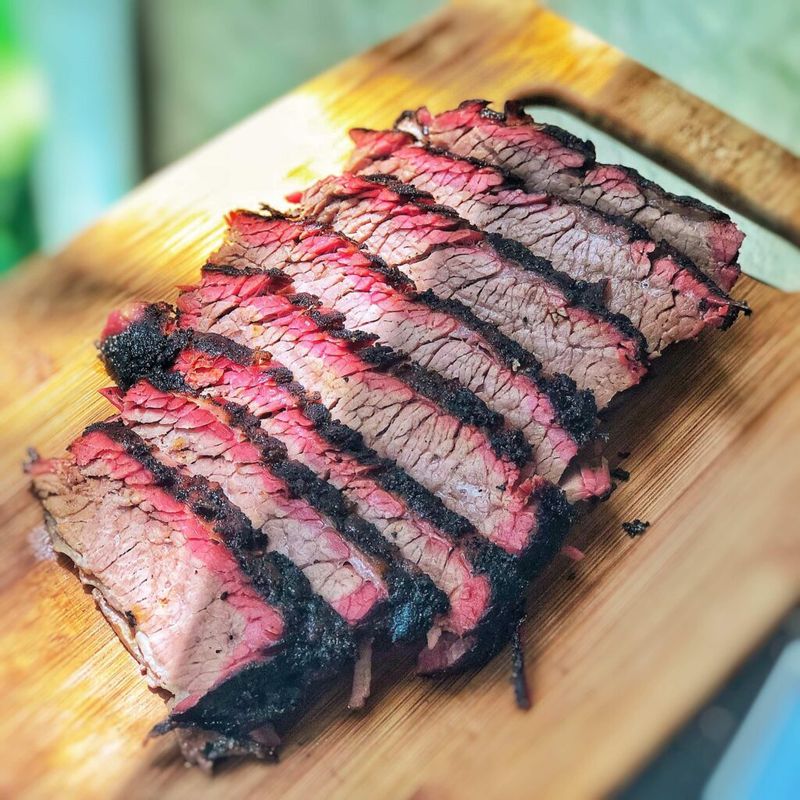
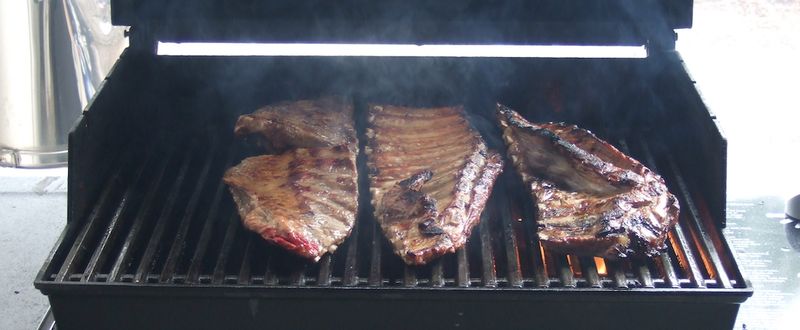
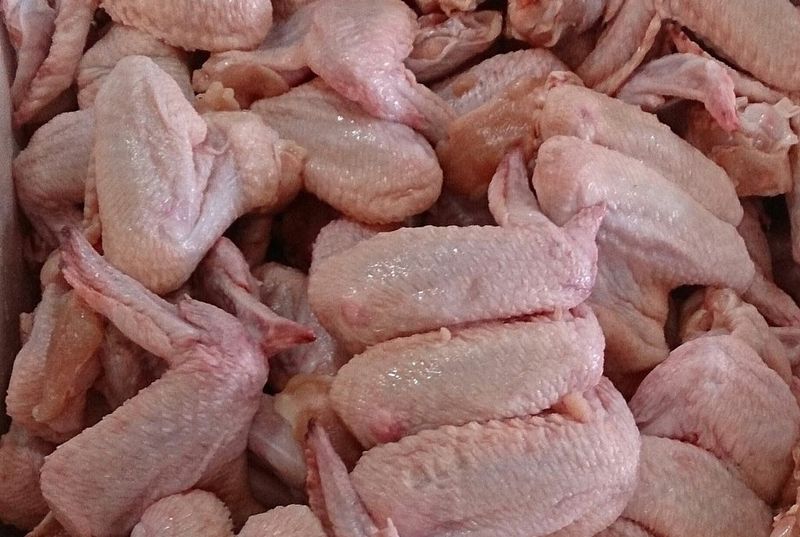
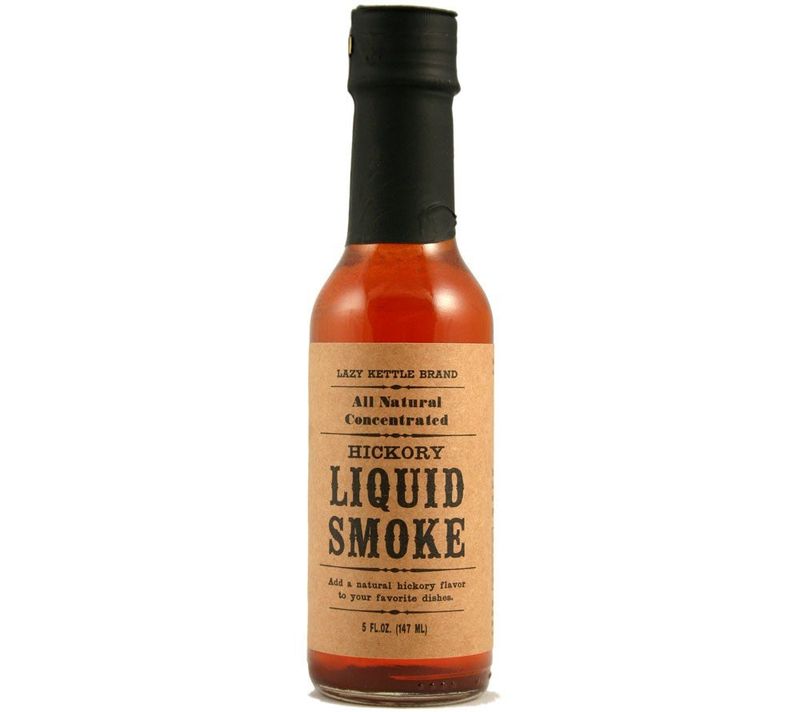
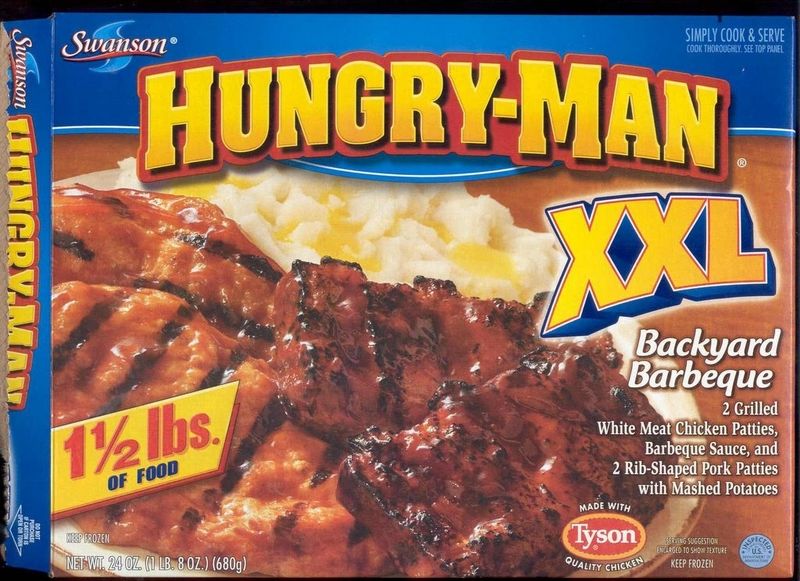
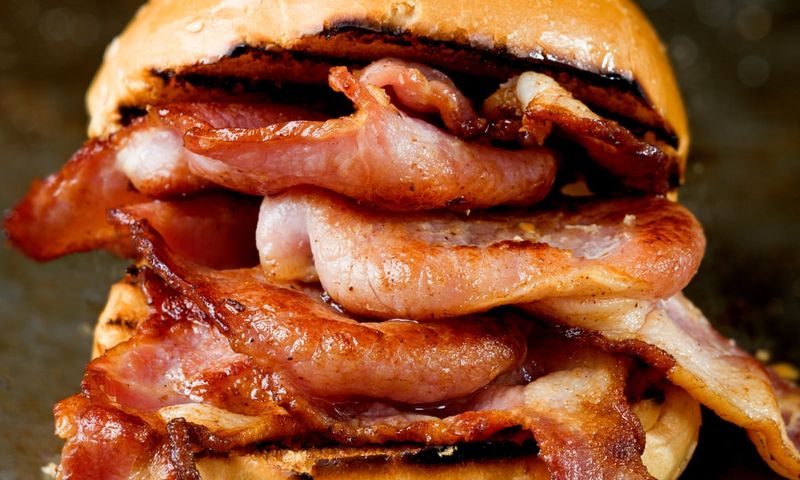
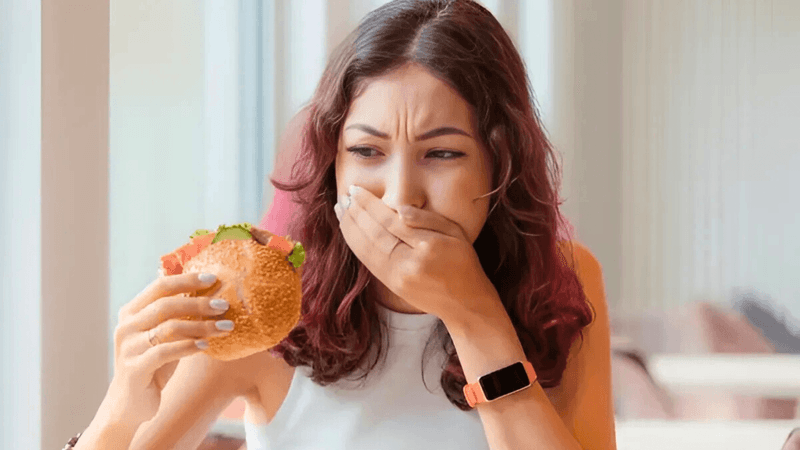
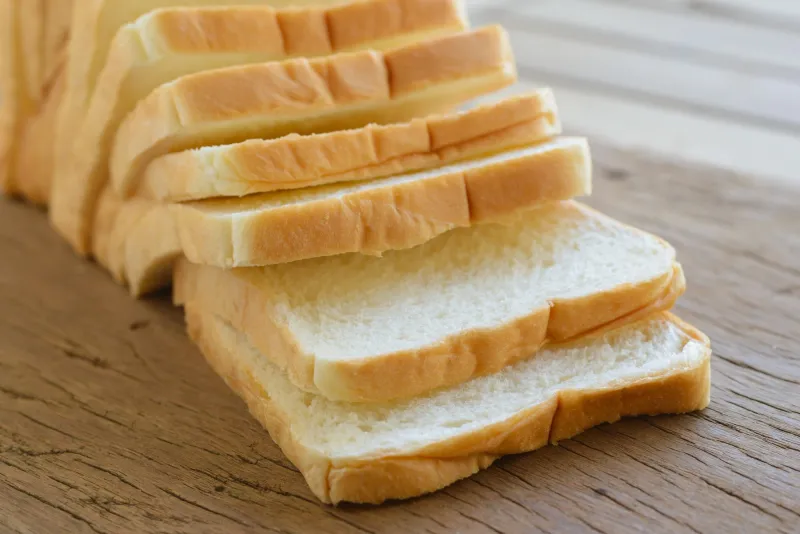
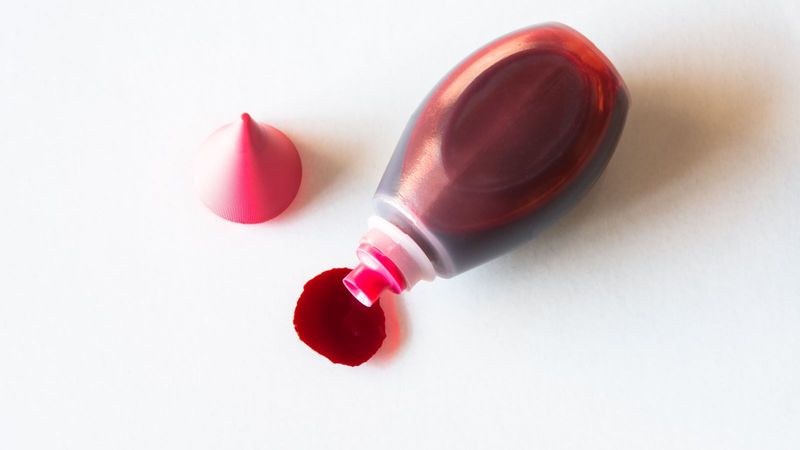
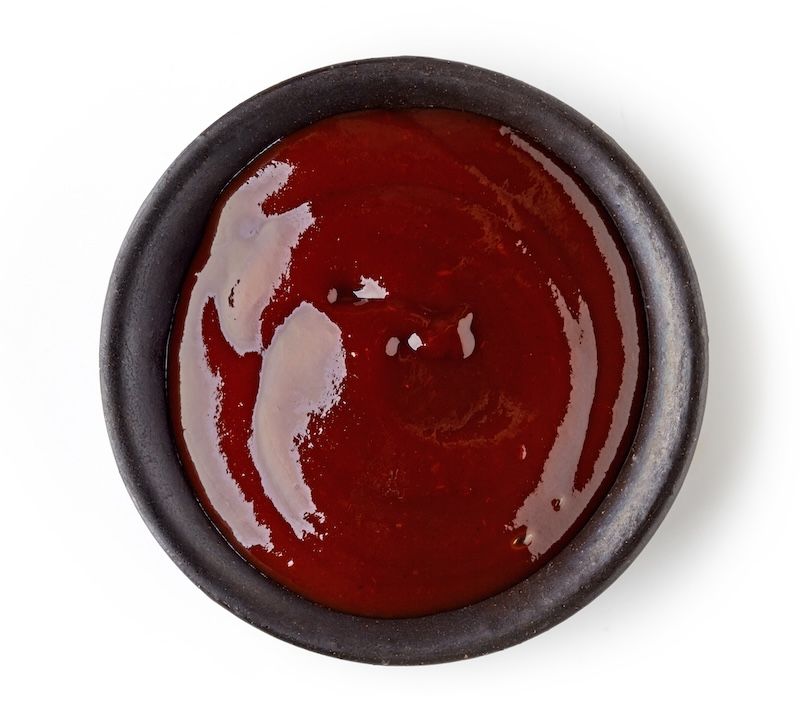
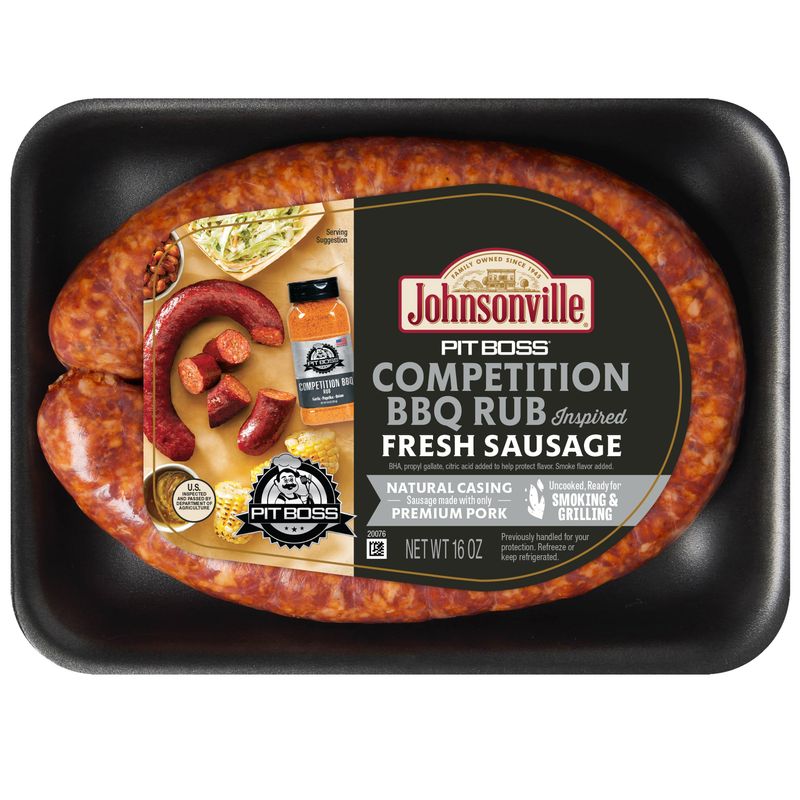
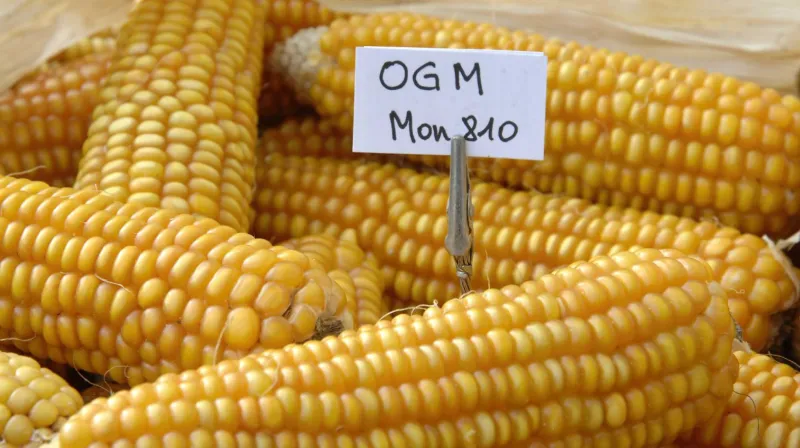
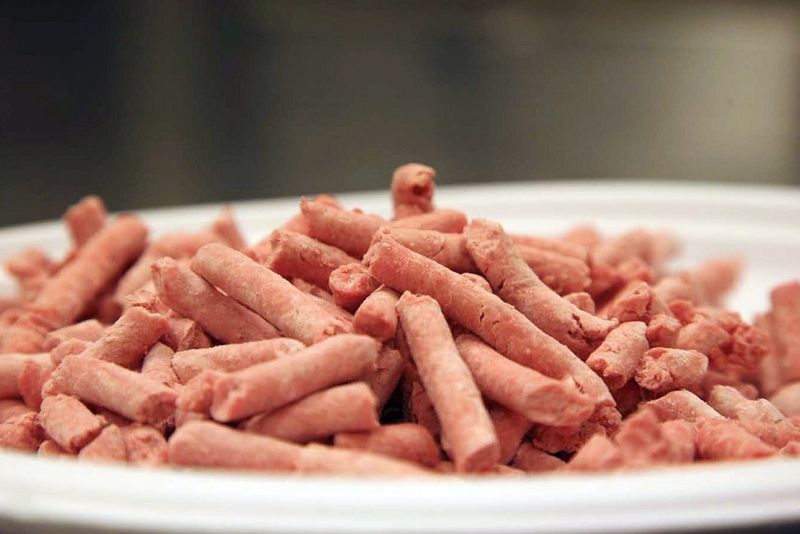
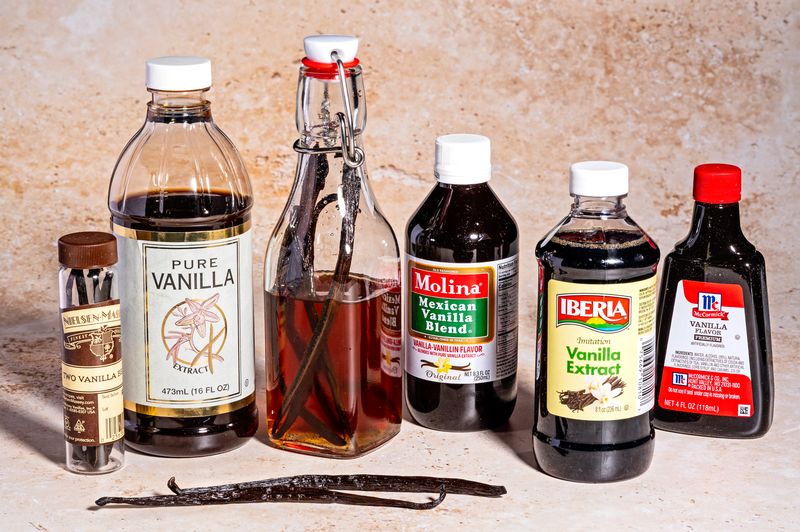
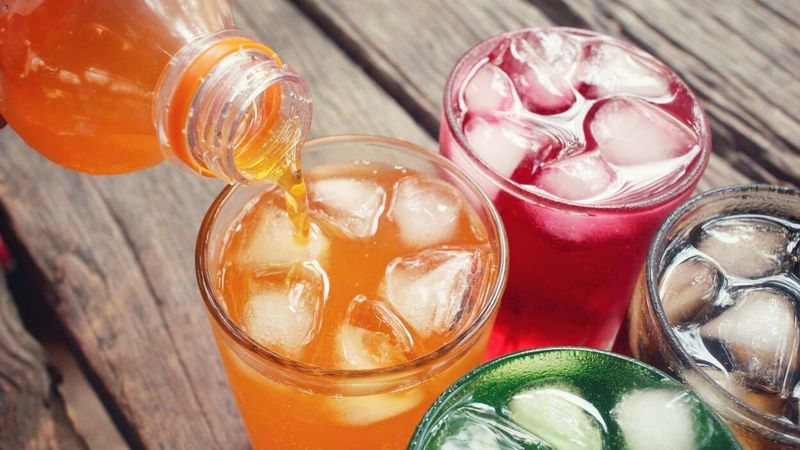
Leave a comment